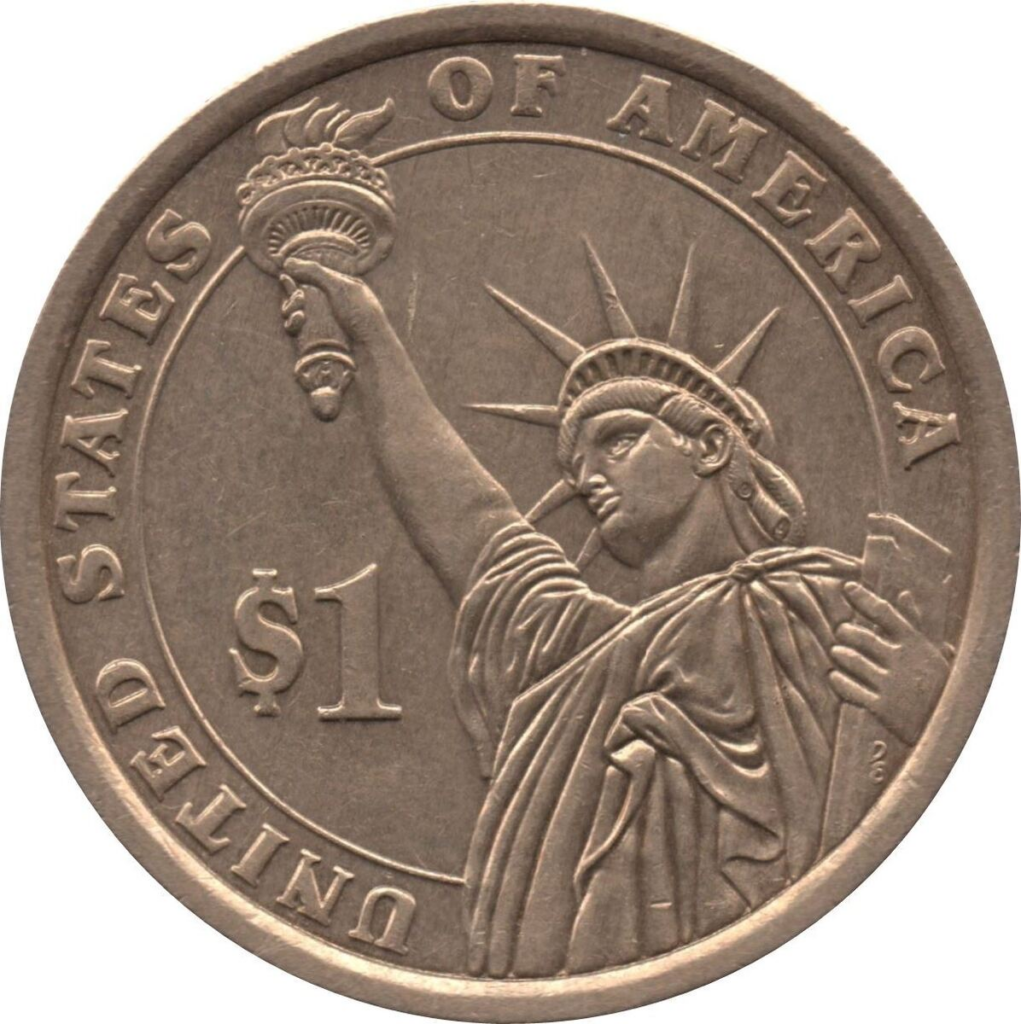
You can earn money every day and still stay poor.
Because income doesn’t build wealth.
It looks good short-term, but it dies with you.
The truth is in the numbers of valuation math.
Every serious valuation method starts with a discounted cash flow.
And when you build that model, something becomes obvious.
The cash flows you earn now don’t matter much.
They shrink fast when discounted back to today.
Even five years of strong income barely move the needle.
Because almost all the value is in the tail.
That tail is called terminal value.
And it can make up 80 to 90 percent of the total.
It’s baked into the model.
Terminal value dominates because it represents infinite continuity.
It assumes this system will keep earning, growing, and surviving forever.
But that assumption depends on a condition: going concern.
A going concern is something that won’t die tomorrow.
Something that looks like it will keep running without collapse.
It’s the base requirement for assigning terminal value at all.
Now ask yourself: are you a going concern?
You are not.
You are going to die.
You will burn out. You will slow down.
You will get bored. You will change direction.
You will not be available 24×7 for the next 30 years.
So the market will never give you terminal value.
Because you are not built to last for eternity.
You are not scalable.
You are not continuous.
You are not a system.
You are not investable.
That’s the core flaw in trying to earn your way to wealth.
You can build cash but not valuation.
You can generate income but not equity.
And the moment you stop, your value drops to practically nothing.
That’s why humans, as standalone entities, have no terminal value.
And without terminal value, there is no real wealth.
Because in modern valuation, real wealth = enterprise value.
And enterprise value is just the market’s proxy for terminal value.
It reflects belief in two things: going concern and growth.
Not what you earned last year, but what you might earn forever.
Not your effort but the system behind it.
The market doesn’t want your hustle.
It wants something that doesn’t need your hustle to keep going.
That’s what it values.
That’s why wealth today belongs to systems.
Because only systems can outlive you, outperform you, and outscale you.
They can run while you sleep.
They can grow while you’re gone.
They can be passed on, handed over, sold, or IPO-ed.
They are built to continue.
And so they are rewarded with valuation.
That’s why the only real path to wealth is through a system.
Something you create that doesn’t die with you.
Something that takes your time and converts it into continuity.
Something that tells the market: I will last.
And if that system can also grow, you unlock leverage.
Because growth multiplies terminal value even further.
The better the growth, the higher the valuation.
The more believable the growth, the stronger the multiple.
So your job isn’t to earn more.
Your job is to build a going concern that grows.
You have to manufacture a system with longevity and scale.
Something that looks like it can outlast you independent of your involvement.
Because only then can you assign it lucrative terminal value.
And only then will the market assign it a nice enterprise value.
That’s what companies are…. artificial going concerns.
They are machines designed to keep going.
And that’s why Jeff Bezos asked a simple but powerful question:
He asked: what will people still want after ten years?
He focused on what would remain true across decades.
Things like lower prices.
Faster delivery.
Wider selection.
These aren’t just business advantages
They are timeless desires.
And timeless desires are what make systems last.
Because if the desire lasts, the system stays relevant.
And if the system stays relevant, it keeps earning.
That’s what going concern looks like from the market’s side.
It doesn’t just want revenue.
It wants to know that revenue won’t die.
And the only way to prove that is to align with timeless or primal needs.
Things that won’t go away.
Things people will still pay for in 2045.
That’s how you design for terminal value from day one.
You don’t just chase opportunity.
You chase continuity.
You build something that will still make sense even if you’re not around.
Something that will theoretically work for eternity.
And if you get that right
Then wealth is not a question of income.
It’s a question of structure.
And structure is something you can build today.
By competing in spaces that will be here for long time even if the competition is high.